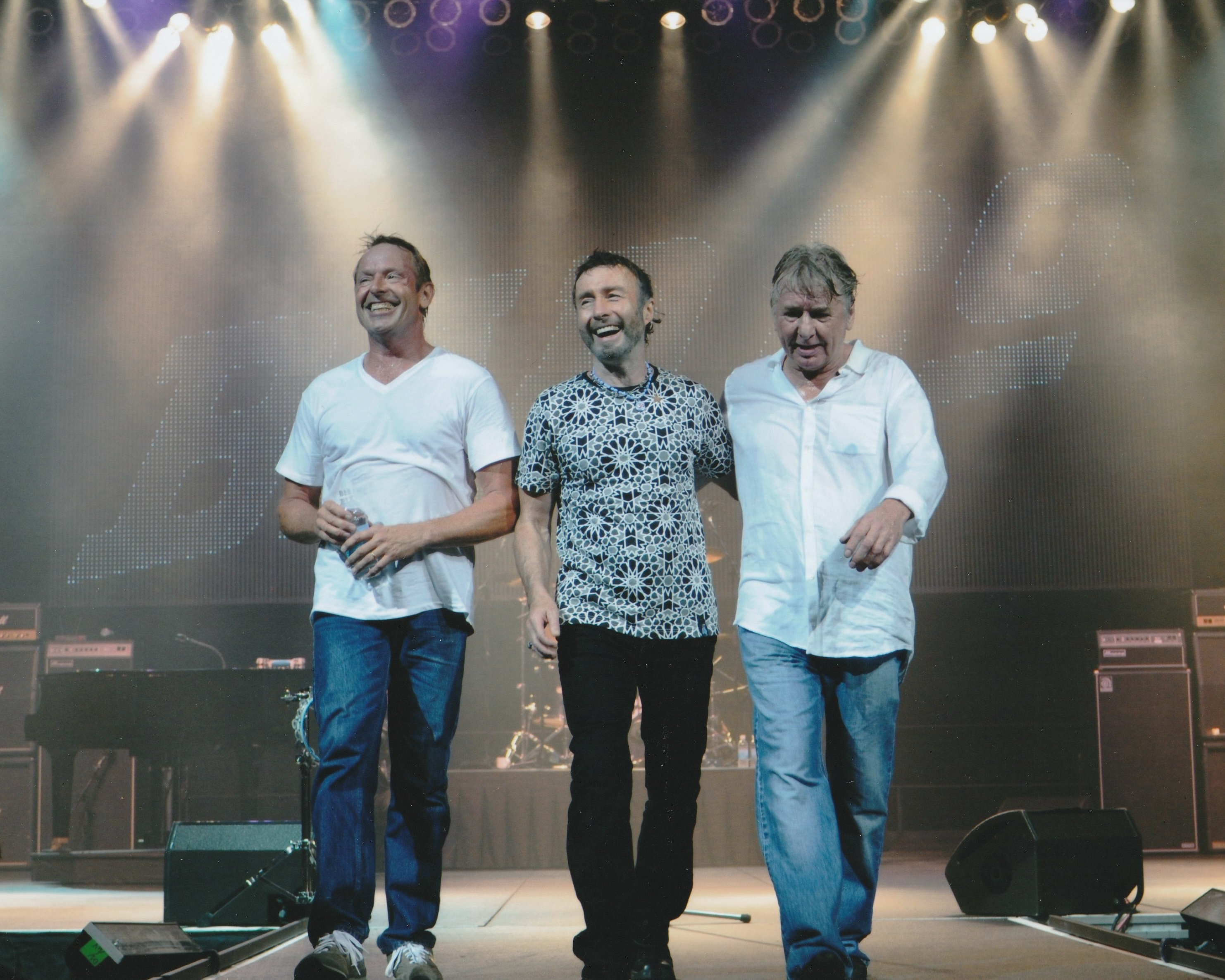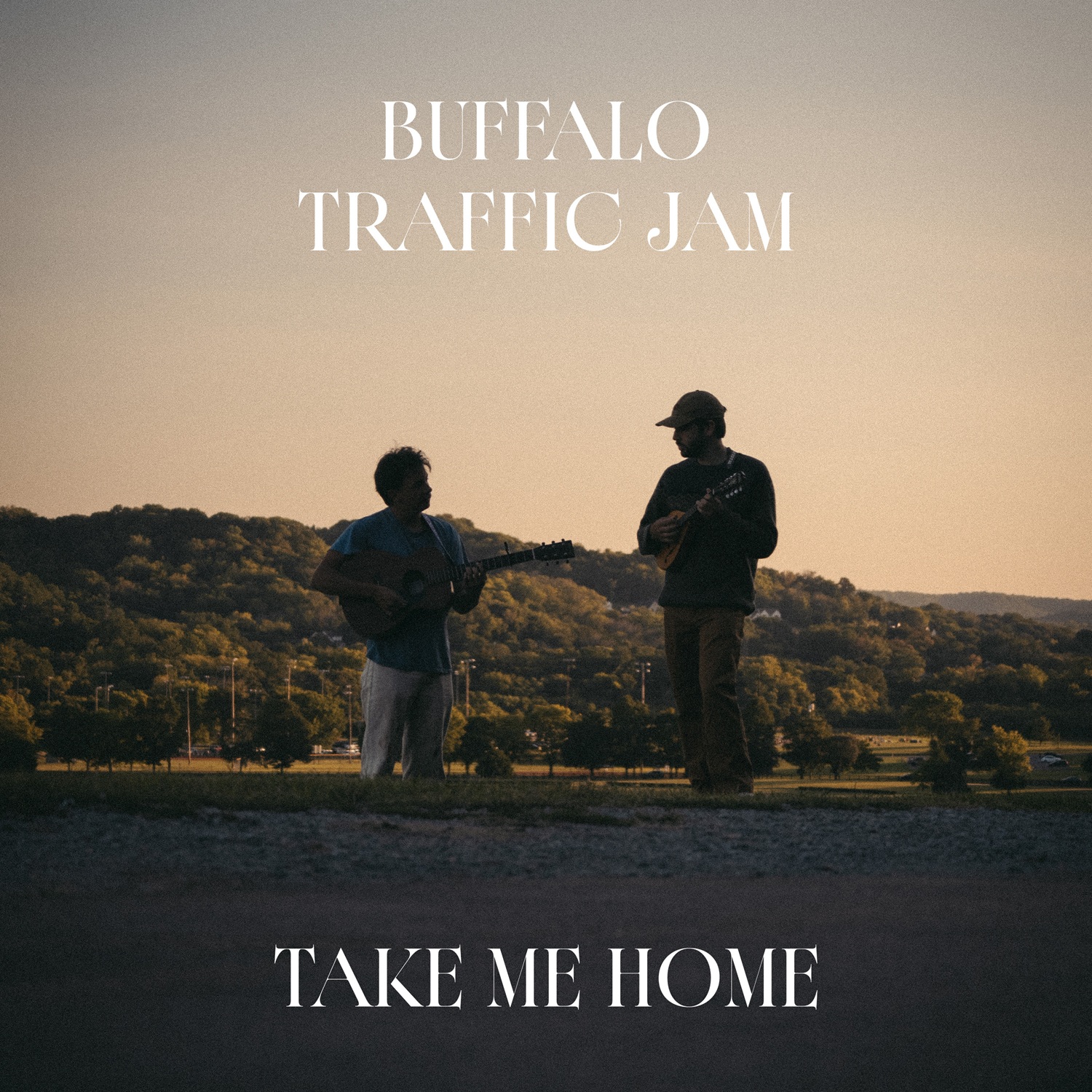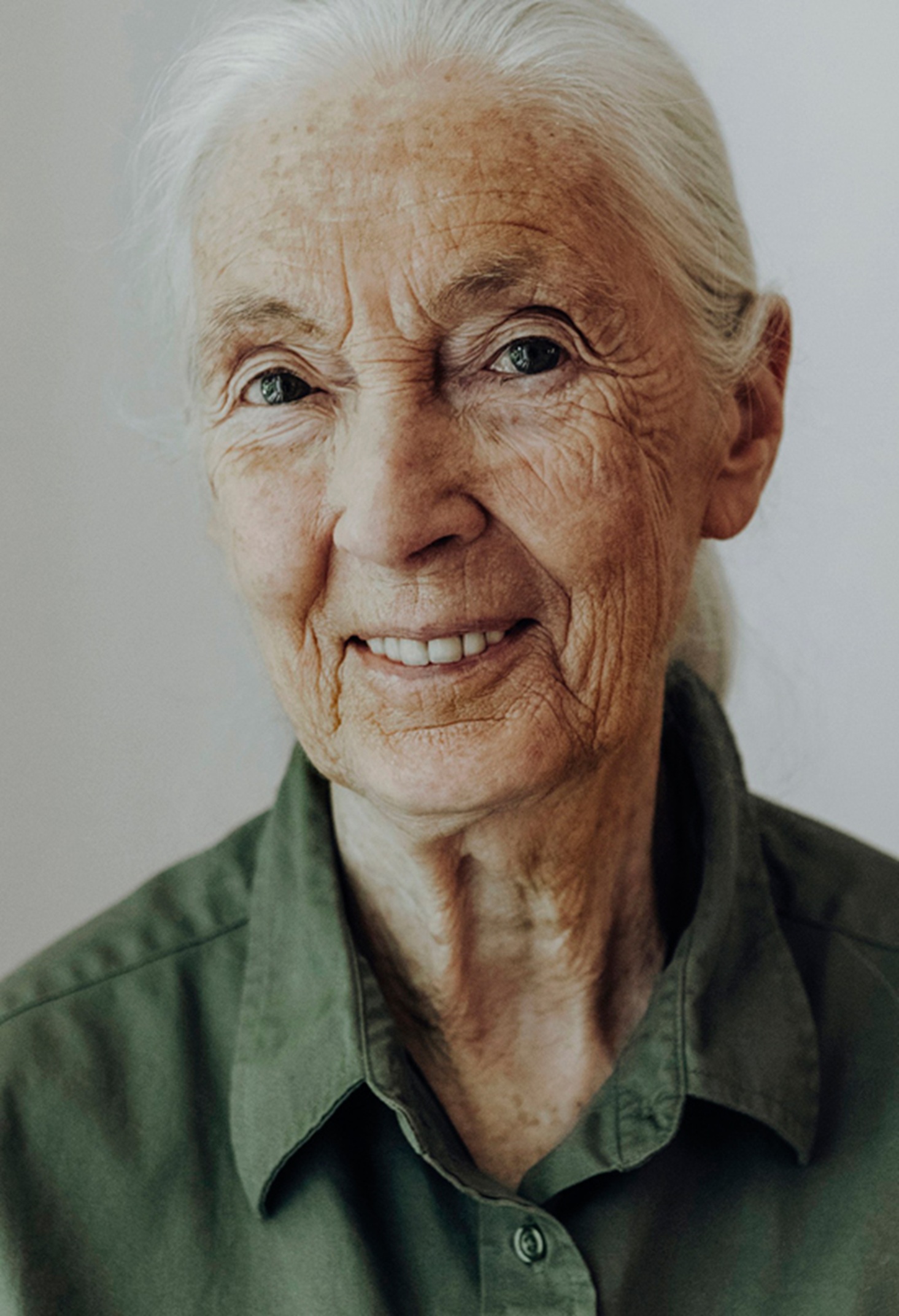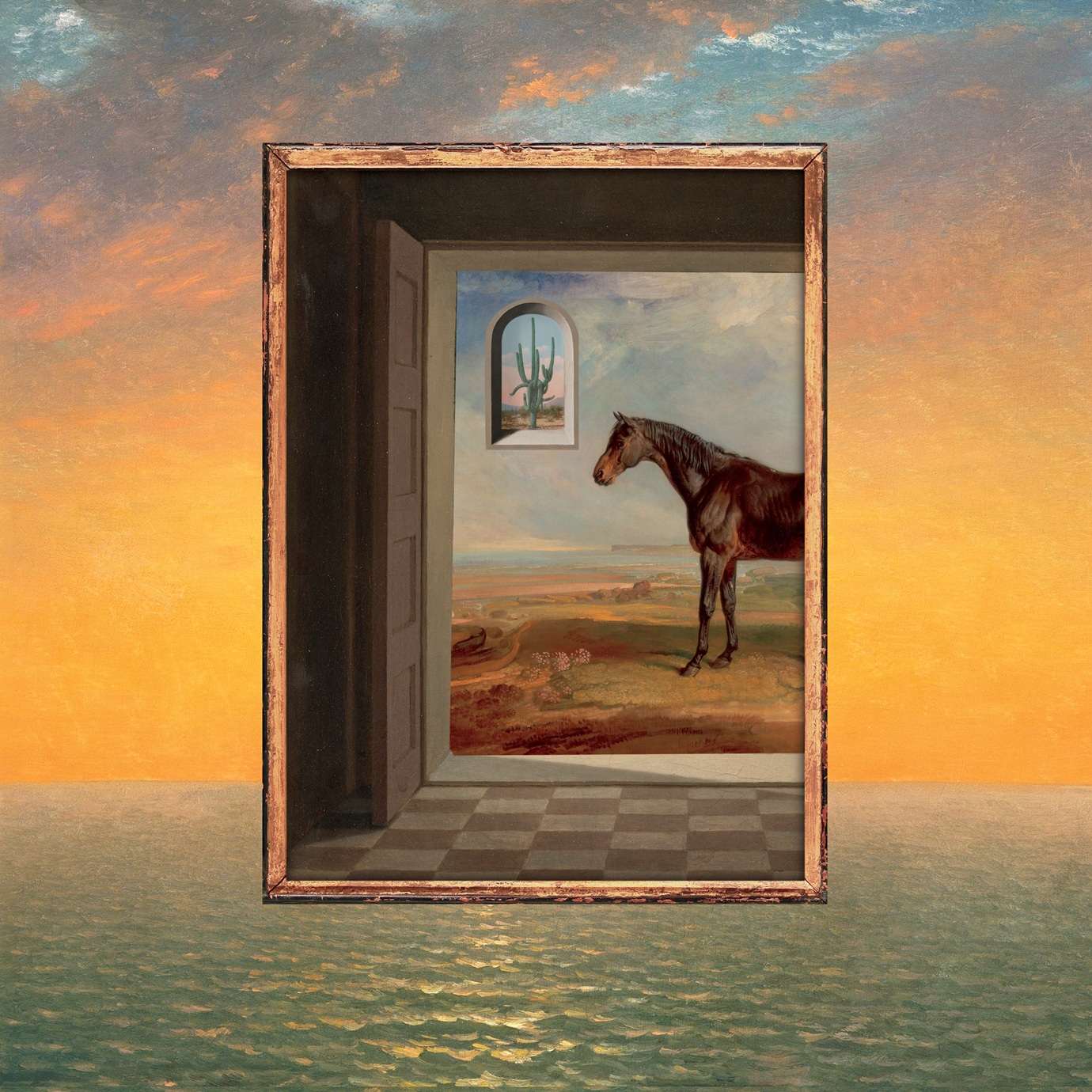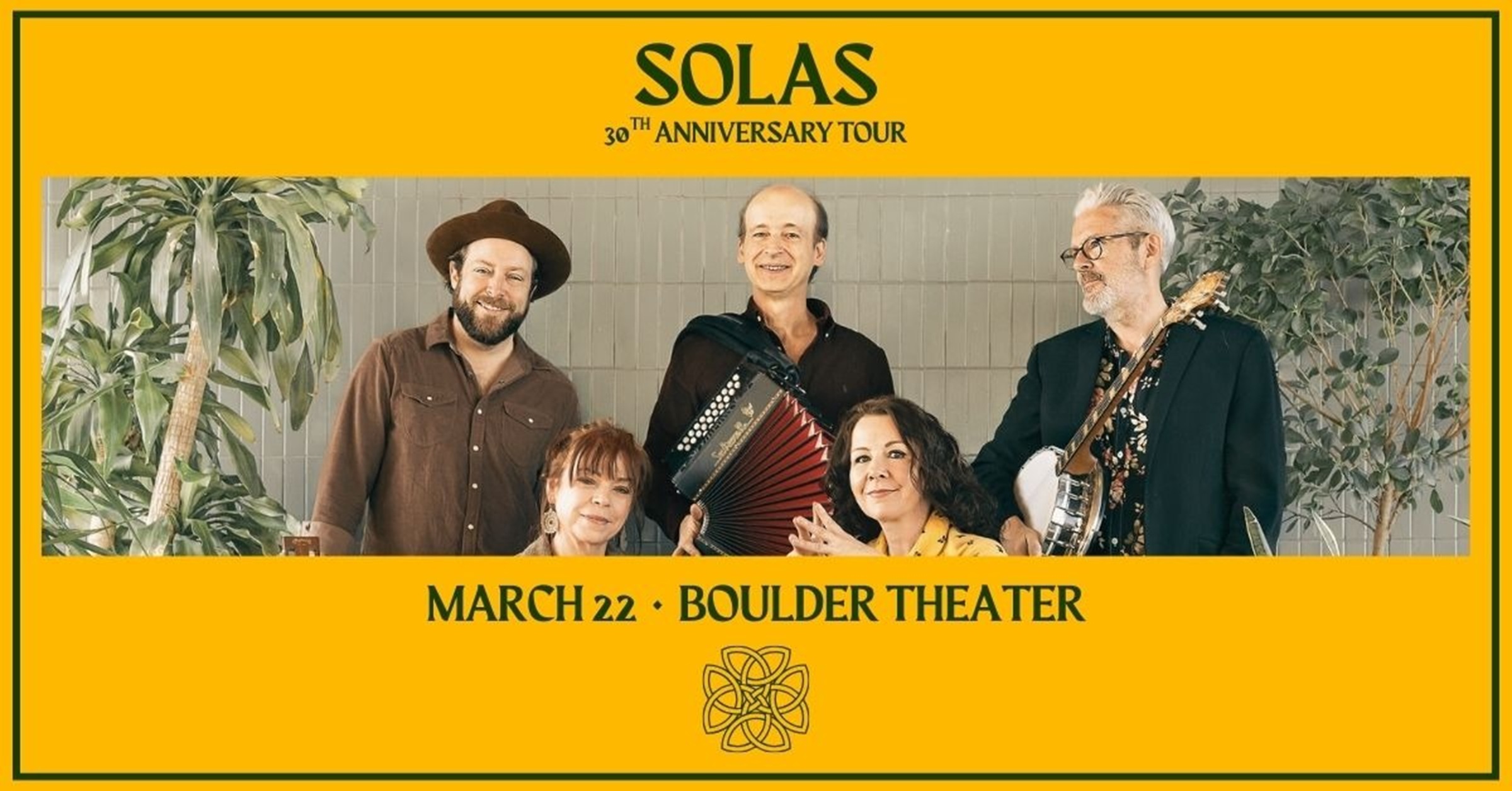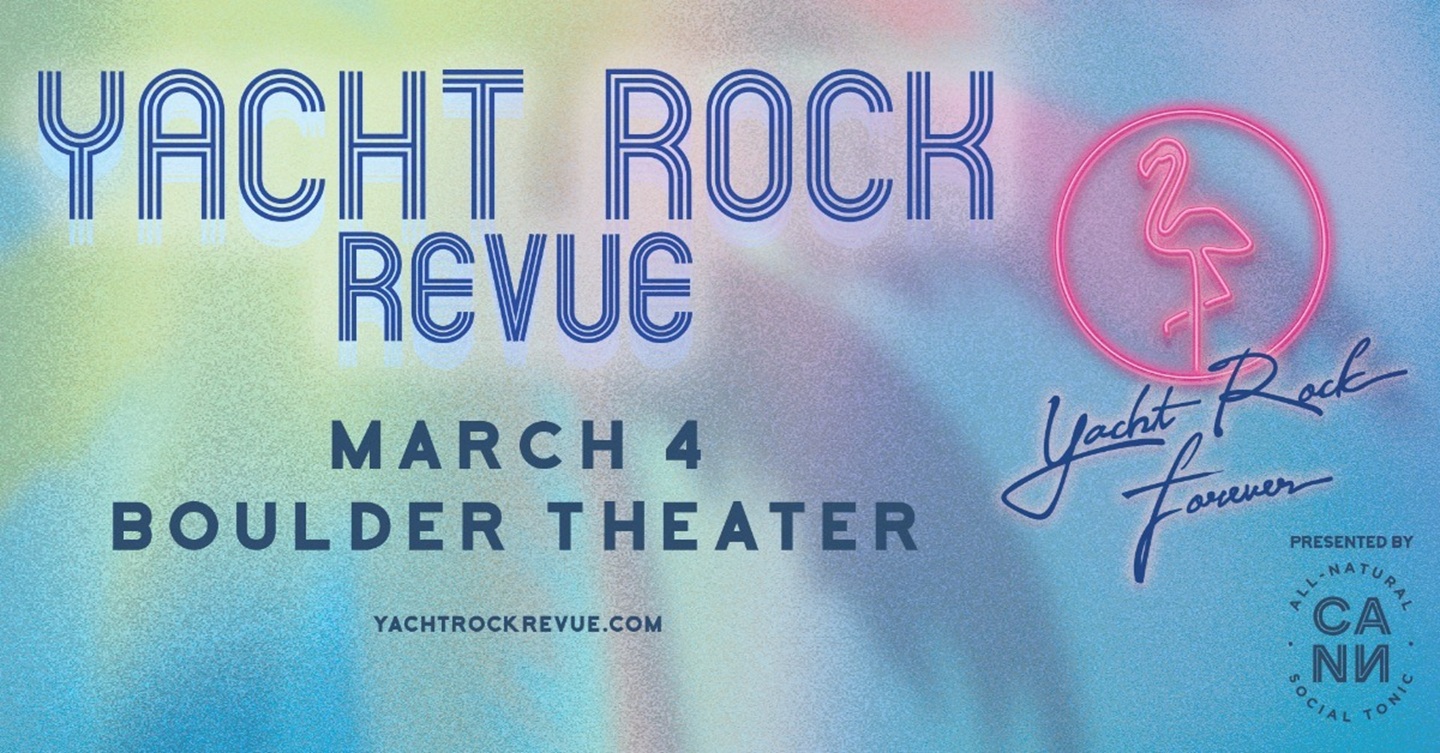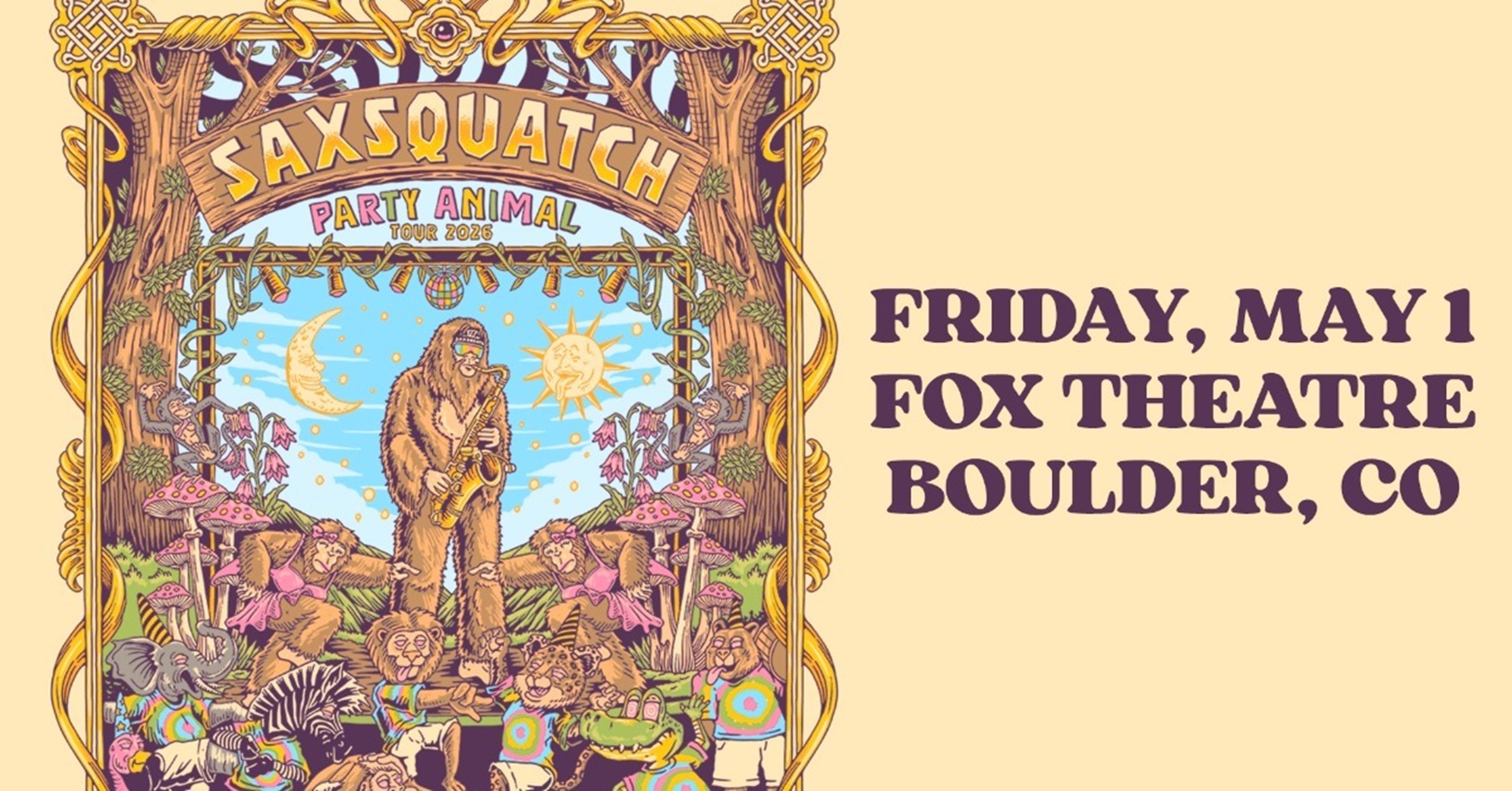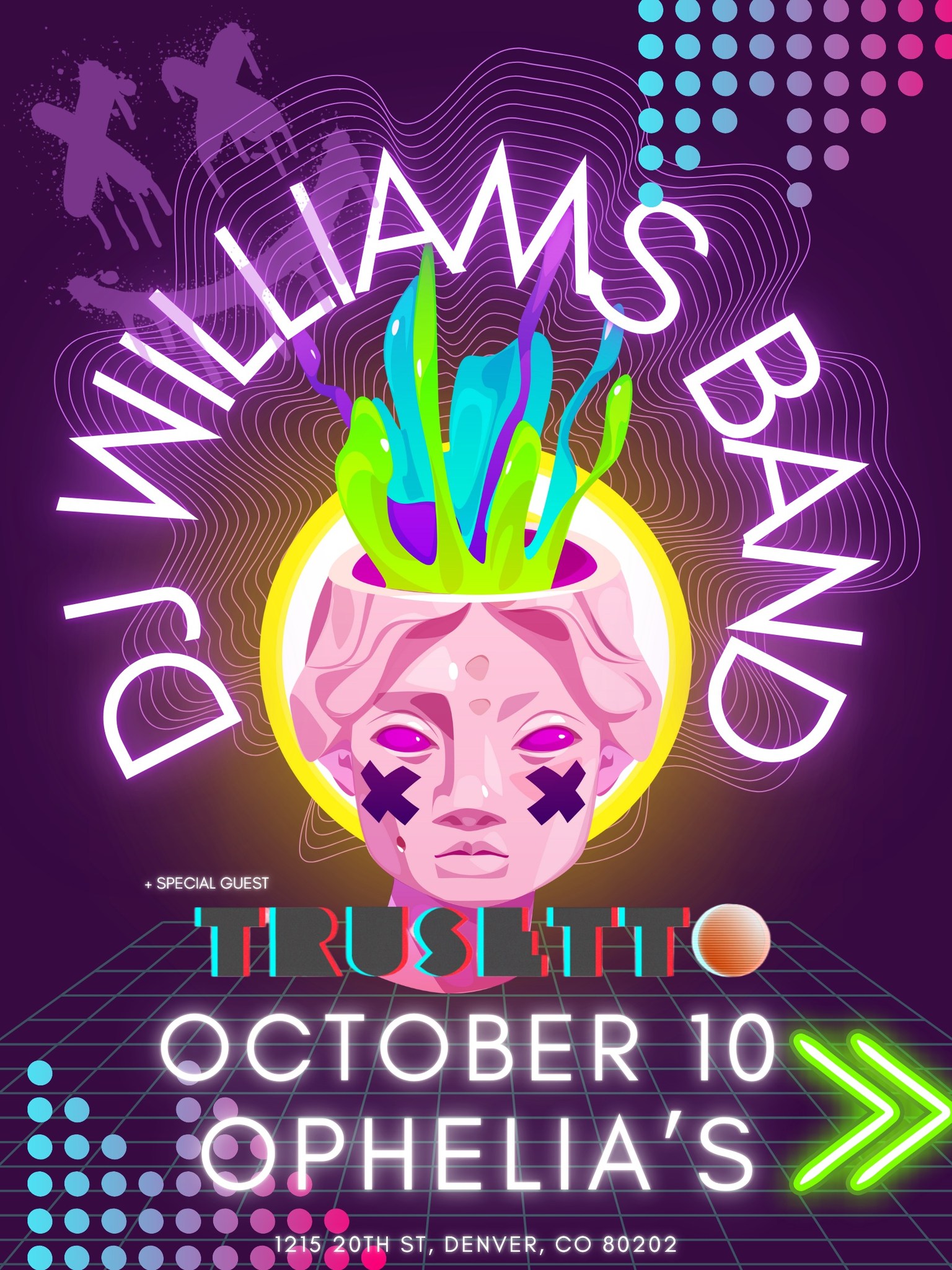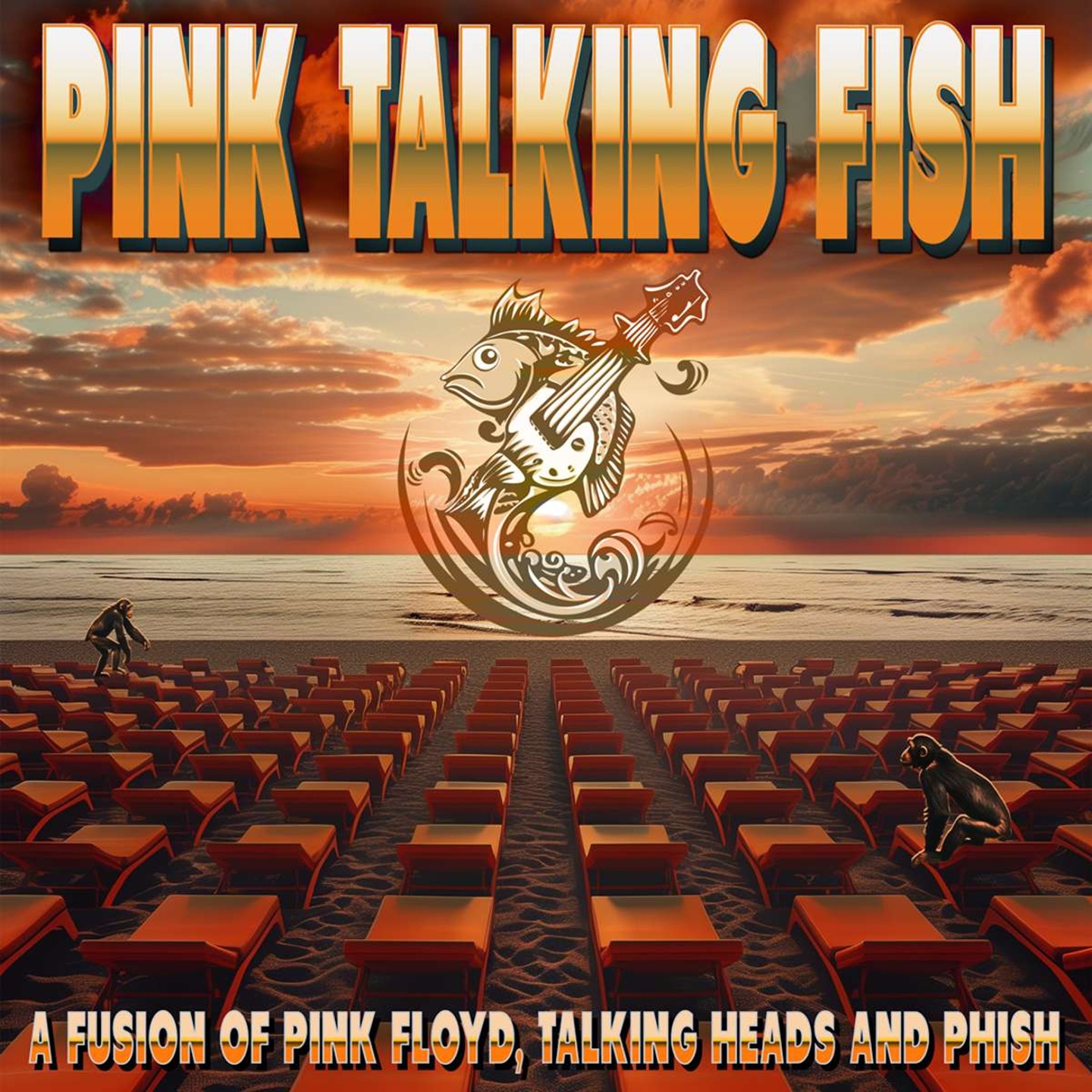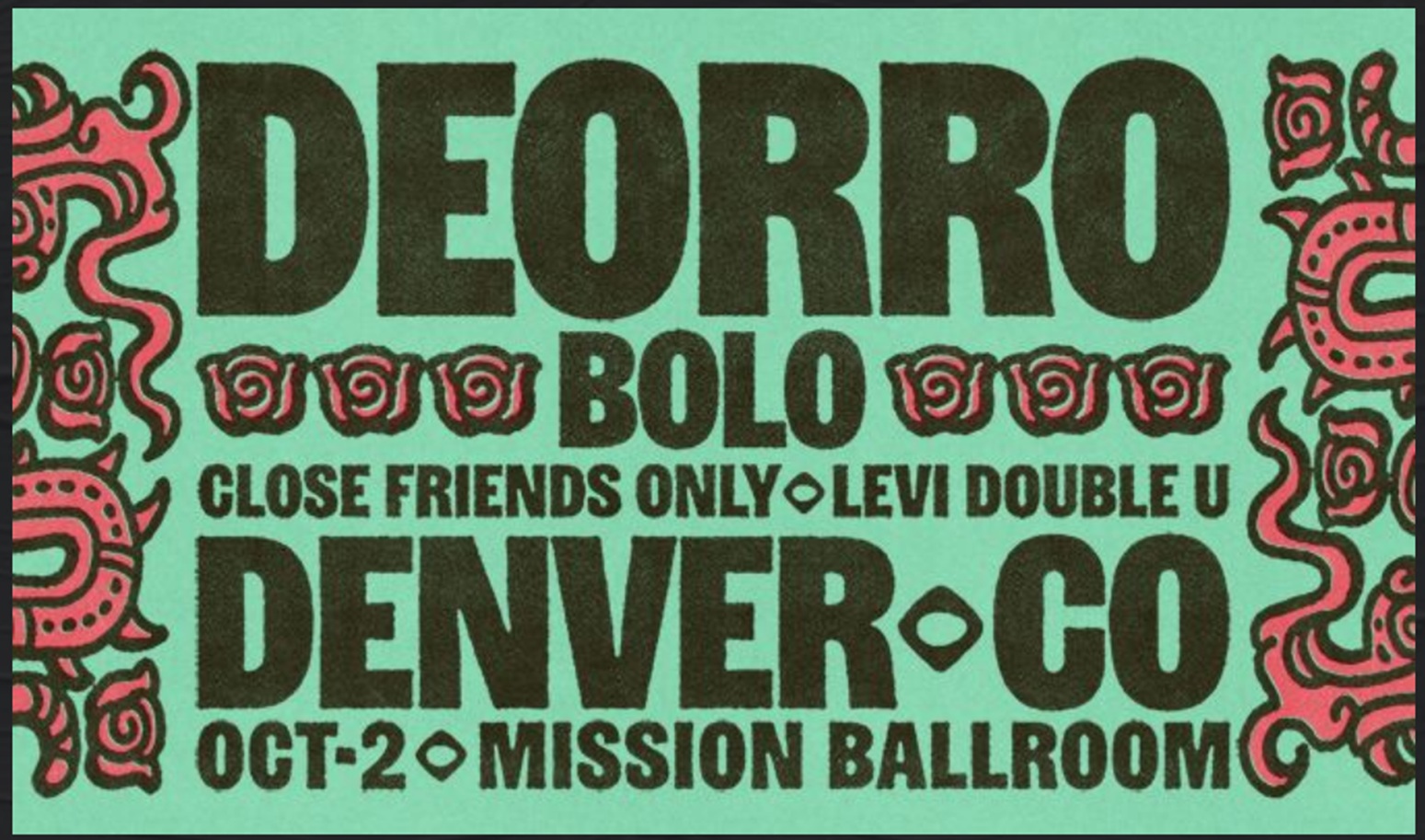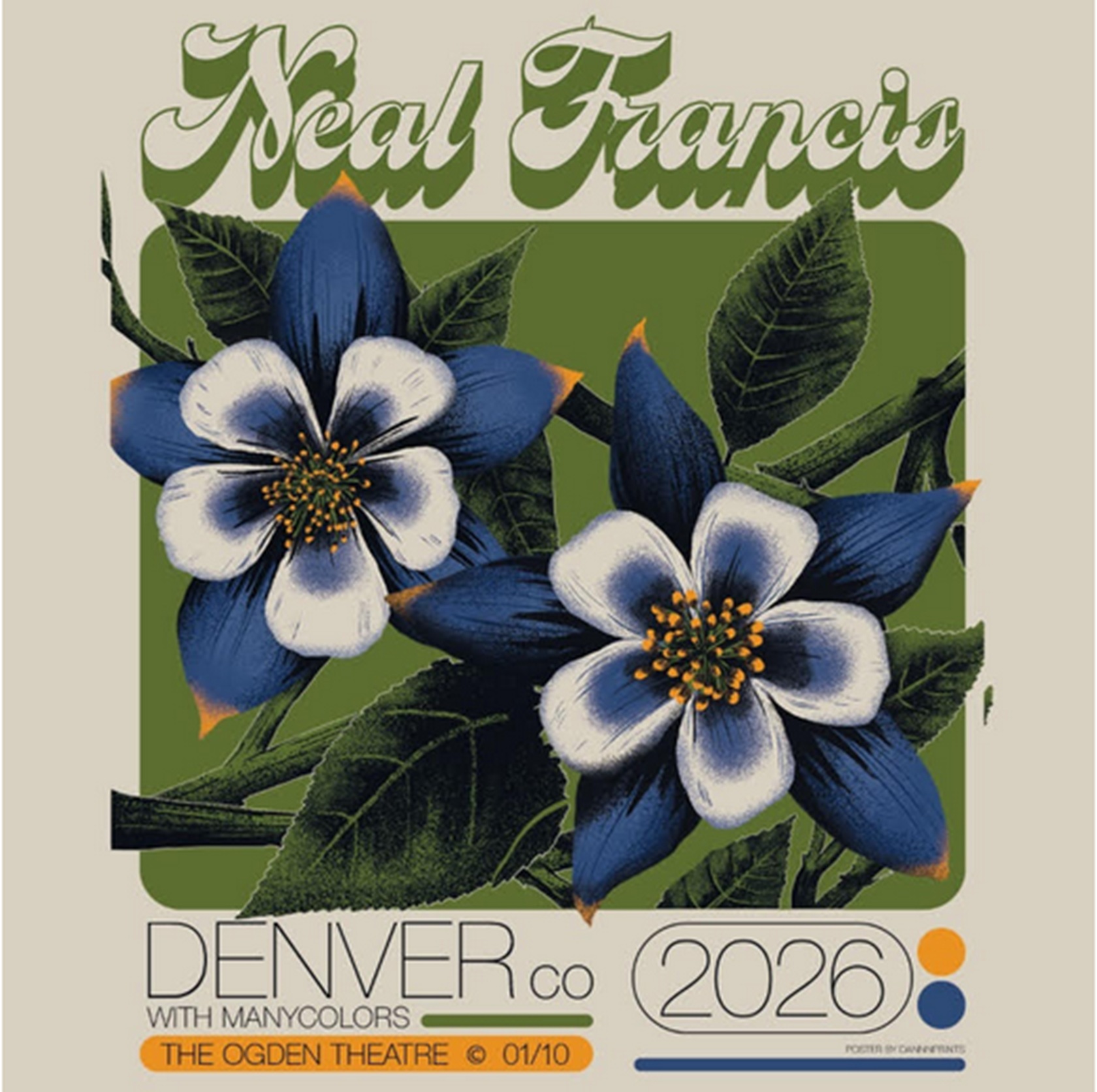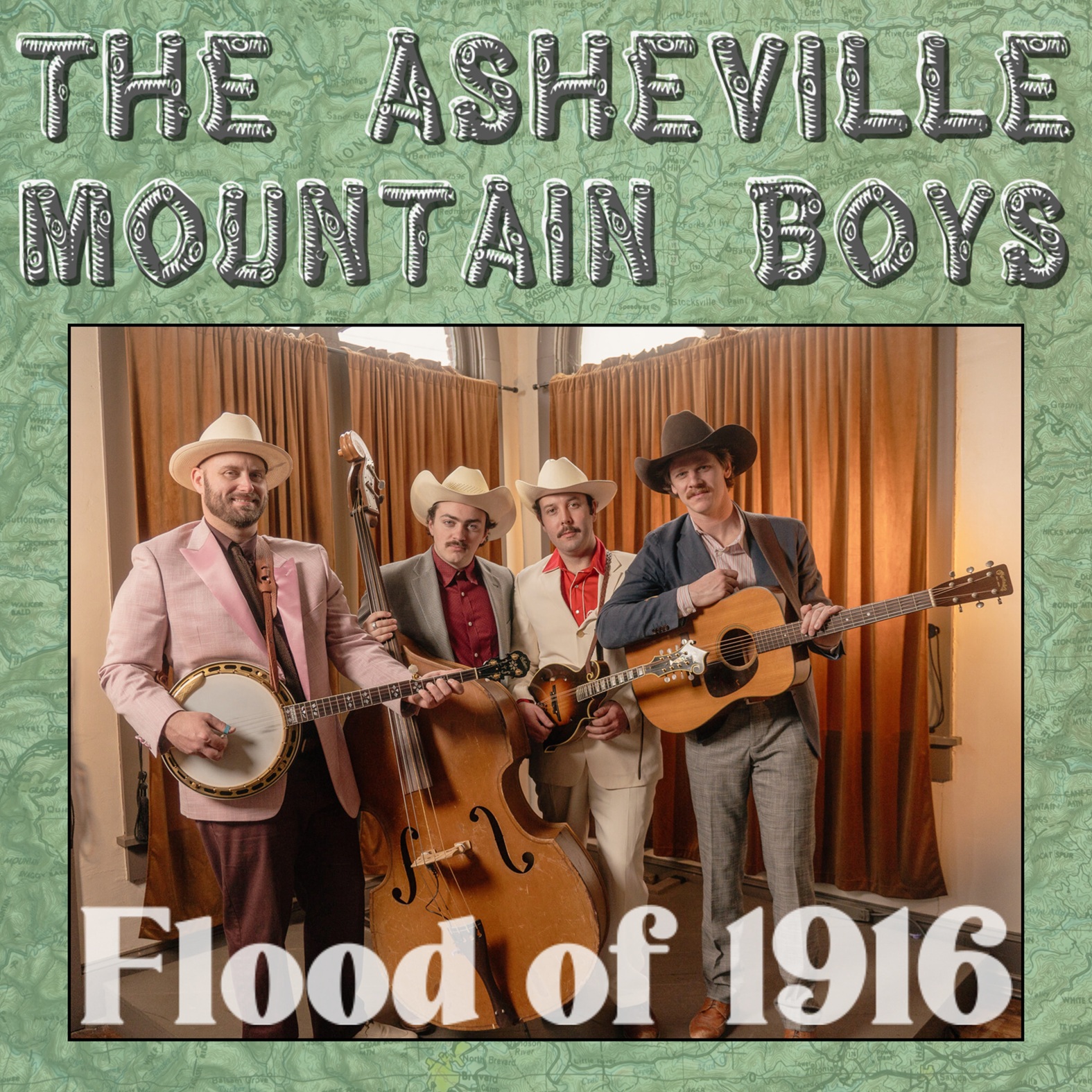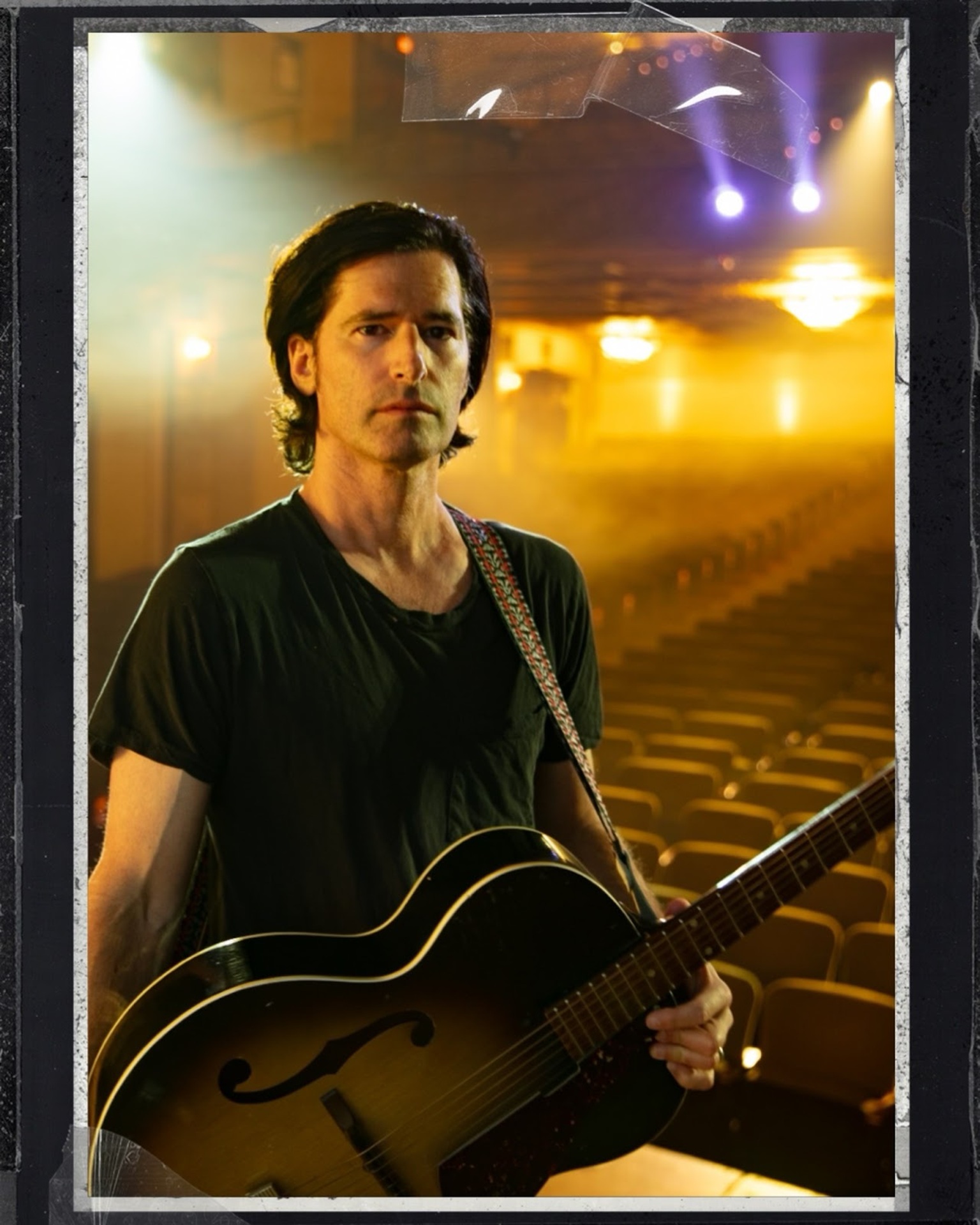Mick Ralphs—the understated, precision-minded guitarist whose instantly recognizable licks helped define two of rock’s most enduring bands—died this week at the age of 81. His partner, Susie Chavasse, confirmed his passing. Ralphs had lived quietly in recent years, convalescing from the severe stroke he suffered shortly after his final appearance with Bad Company at London’s O₂ Arena in October 2016.
Born Michael Geoffrey Ralphs on 31 March 1944 in the rural village of Stoke Lacy, Herefordshire, he was already gigging in local bands as a teenager when Britain’s first wave of electric blues swept through the provinces. In 1969 he co-founded Mott the Hoople, where his lean Telecaster tone acted as a steel spine beneath the group’s flamboyant glam exterior. Ralphs contributed several early fan favourites—including “Rock and Roll Queen” and the original version of “Ready for Love”—and anchored the David Bowie-produced breakthrough All the Young Dudes.
Restless for a new challenge, Ralphs linked up with vocalist Paul Rodgers in 1971. One marathon afternoon of song-swapping convinced both men they had the makings of a band. Joined by drummer Simon Kirke and bassist / vocalist Boz Burrell, they emerged as Bad Company, the first act signed to Led Zeppelin’s Swan Song label. The group’s 1974 self-titled debut rocketed to five-times-platinum status on the strength of Ralphs’ deceptively simple, open-C-tuned juggernaut “Can’t Get Enough,” alongside “Movin’ On,” “Rock Steady,” and the moody title track “Bad Company.”
Ralphs never chased finger-blurring pyrotechnics; his genius lay in chiselling riffs so solid and singable that arenas full of fans could air-guitar them in unison. The chiming half-barre chords underpinning “Feel Like Makin’ Love,” co-written with Rodgers, became a blueprint for generations of hard-rock players.
He stayed active with both of his signature groups through intermittent reunions, toured briefly with David Gilmour in the mid-’80s, and released a handful of solo projects that showcased his love of vintage rhythm-and-blues. But after the 2016 stroke, Ralphs receded from public life, remaining bedridden while his bandmates continued to celebrate Bad Company’s legacy on the road.
That legacy will receive formal recognition later this year when Bad Company is inducted into the Rock & Roll Hall of Fame—an honour announced earlier in 2025 that Ralphs lived to see.
He is survived by Susie Chavasse; his two children; three step-children; three step-grandchildren; and his longtime friends and bandmates Paul Rodgers and Simon Kirke, who paid tribute in separate statements::
“Our Mick has passed, my heart just hit the ground,” Rodgers wrote. “He has left us with exceptional songs and memories… It won’t be our last conversation—there are many memories of Mick that will create laughter. Condolences to everyone who loved him, especially his one true love, Susie. I will see you in heaven.”
“He was a dear friend, a wonderful songwriter, and an exceptional guitarist,” Kirke said. “We will miss him deeply.”
From the glam-rock clubs of early-’70s London to the echoing stadiums of the classic-rock era, Mick Ralphs proved that a perfectly placed chord could level the room as surely as any shred-fest. His riffs—clean, spacious, and unmistakably his—will keep reverberating wherever guitars are plugged in and turned up loud.





